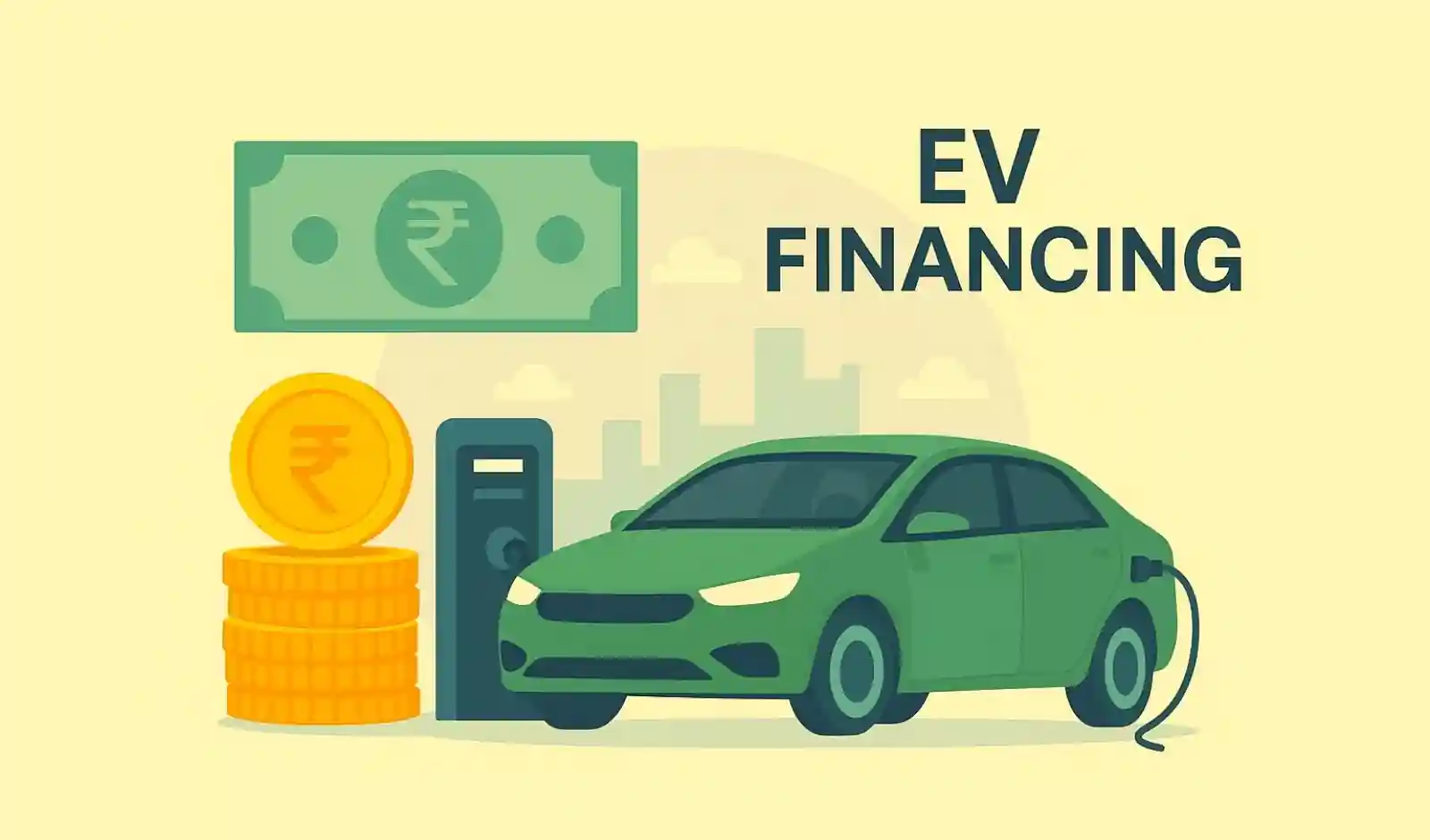
Electric vehicles (EVs) are steadily gaining traction across India. Government incentives, rising environmental awareness, and technological advancements have accelerated the shift toward sustainable transportation. However, at the heart of this transformation lies EV financing — a crucial force enabling mass adoption of electric mobility. EV financing is not just about providing loans; it is about bridging the gap between aspiration and affordability for both individuals and businesses.
EV financing refers to the specialized loan and credit facilities provided by banks, NBFCs (Non-Banking Financial Companies), and fintech firms for the purchase of electric vehicles. Since EVs generally have a higher upfront cost compared to traditional vehicles — mainly due to expensive batteries — financing options make it easier for buyers to pay in installments. The government’s FAME-II scheme, along with tax benefits and subsidies, has further boosted the availability and appeal of EV financing in India.
Usha Financial CEO Geeta Goswami highlights that “The electric vehicle revolution is not merely a technological shift but a historic milestone in India’s journey toward sustainable and inclusive growth.” She adds that as India transitions to greener transportation, affordable and customized financing solutions are becoming essential to ensure adoption across both urban and rural areas.
She further explains, “EV financing is emerging as a powerful bridge that connects people’s aspirations with their economic capabilities. Financial institutions that embrace innovation and green finance can empower citizens, entrepreneurs, and businesses to become part of the clean mobility movement.”
Goswami also emphasizes the importance of collaboration between the government, financial institutions, and technology companies. Such partnerships can create a robust ecosystem — one that strengthens not just EV adoption but also manufacturing, charging infrastructure, and supply chains across the country.
Commercial EVs and Financial Innovation
One of the biggest drivers of EV financing in India is the commercial sector. Companies like Zomato, Swiggy, and Amazon are transitioning their fleets to electric, reducing operational costs and boosting their “green brand” image. Alongside, investments in charging infrastructure from both public and private sectors are making the EV transition smoother.
Yash Jain, AVP–Investments at Blume Ventures said “Electrification of mobility is a crucial link between India’s climate goals and energy security. The transport sector contributes nearly 10% of India’s total CO₂ emissions and consumes about one-fifth of imported oil. As India works toward net-zero emissions by 2070, EVs are not just a lifestyle choice—they’re an infrastructure revolution.”
He adds, “India’s EV penetration is still at around 6% of total new vehicle sales, led mainly by commercial fleets. The next growth phase will depend on affordability and quality, and that can only happen through financial innovation — such as Battery-as-a-Service, swap models, and cash-flow-based lending.”
According to him, “Real transformation will occur when asset and borrower risks can be managed separately, supported by data-driven loan approvals, active vehicle monitoring, and reliable secondary markets for EVs and batteries.”
EV Financing Partnerships
India has seen several successful EV financing collaborations. For instance, MG Motor and Axis Bank have introduced an innovative EV financing model that separates loans for the vehicle and the battery. This allows customers to lower the upfront cost of ownership and choose battery loans for up to eight years. MG introduced the Battery-as-a-Service (BaaS) model in September 2024 to make EVs more affordable.
Meanwhile, global EV manufacturer VinFast Auto India has signed an MoU with the State Bank of India (SBI) to offer easy car financing through its exclusive dealer network. This partnership provides customers with attractive loan options — such as low interest rates, flexible EMIs, up to 100% on-road price funding, special offers, and priority services. SBI representatives will be available at all VinFast showrooms to assist customers with instant loans and financial guidance.
VinFast aims to leverage SBI’s vast network of 23,000 branches to reach urban centers as well as smaller towns, expanding access to green mobility. This collaboration marks a key step toward mainstreaming sustainable transport in India.
Financing India’s Self-Reliant Future
Nehal Gupta, Founder and MD of Accelerated Money for You (AMU), believes that “India’s mobility future is undoubtedly electric, and financing will play the most critical role in accelerating that shift.” She notes that while EV manufacturing and infrastructure have progressed, affordable and flexible financing remains the biggest need for widespread adoption.
“At AMU,” she says, “we see EV financing not just as a credit mechanism but as a means of building trust. As consumers and businesses move toward sustainable mobility, they need financial partners who understand asset value changes, technological evolution, and vehicle lifecycle economics.”
She further emphasizes the need for data-driven loan processing, innovative risk management, and deep collaboration among OEMs, NBFCs, and fintech companies. “If we can bridge the gap between technology and trust, the EV industry can create a resilient ecosystem that supports green transition, livelihoods, and accessible mobility for all,” she concludes.
Conclusion
The rise of EV financing in India marks a turning point in the nation’s journey toward clean and sustainable mobility. What began as a niche financial service has now evolved into a powerful driver of environmental and economic transformation. By bridging the gap between affordability and aspiration, EV financing is enabling individuals, entrepreneurs, and businesses to join the green revolution with confidence.
EV financing is not just helping India shift to electric vehicles — it is helping the country build a self-reliant, green, and resilient economy. The future of mobility in India will be defined by how effectively we combine innovation, responsible financing, and collaboration to drive the clean energy transition forward.

